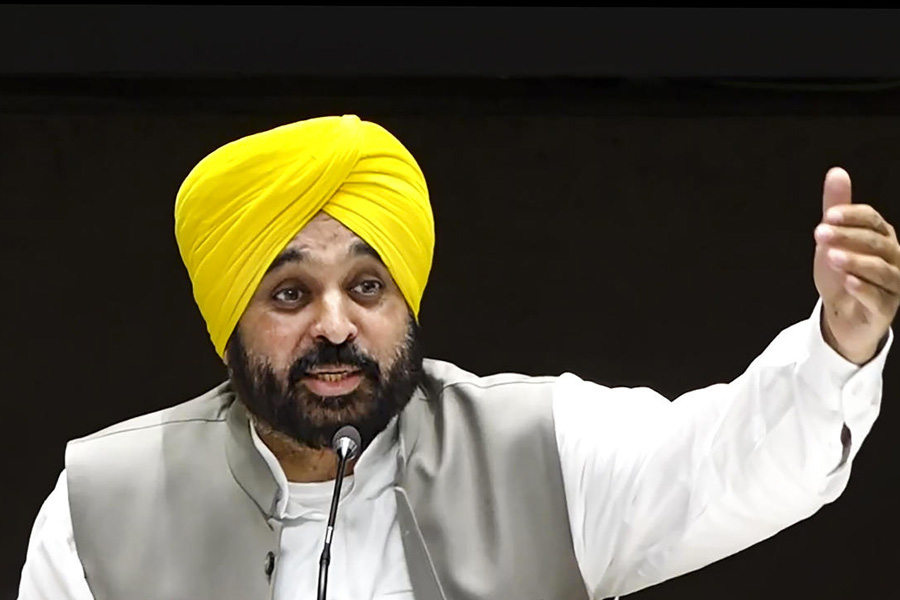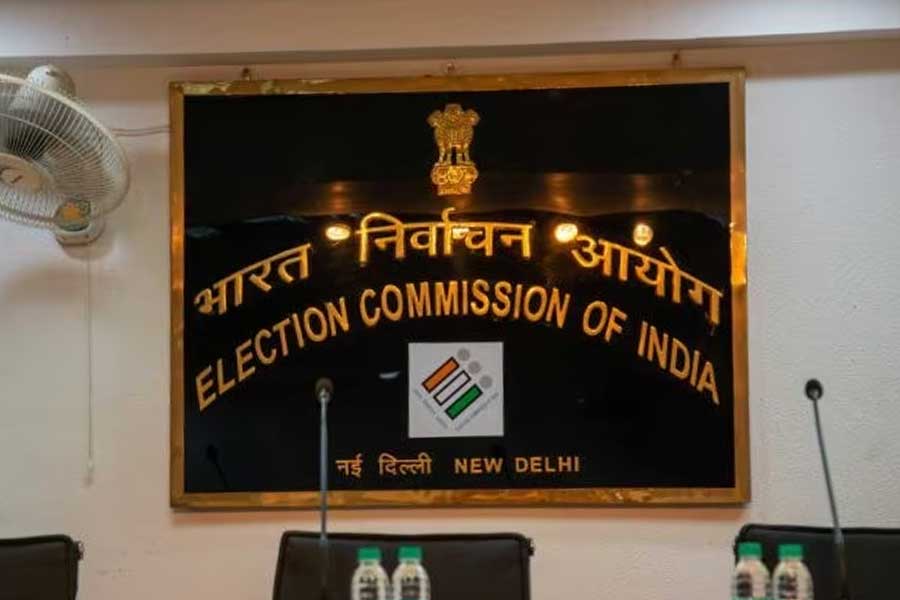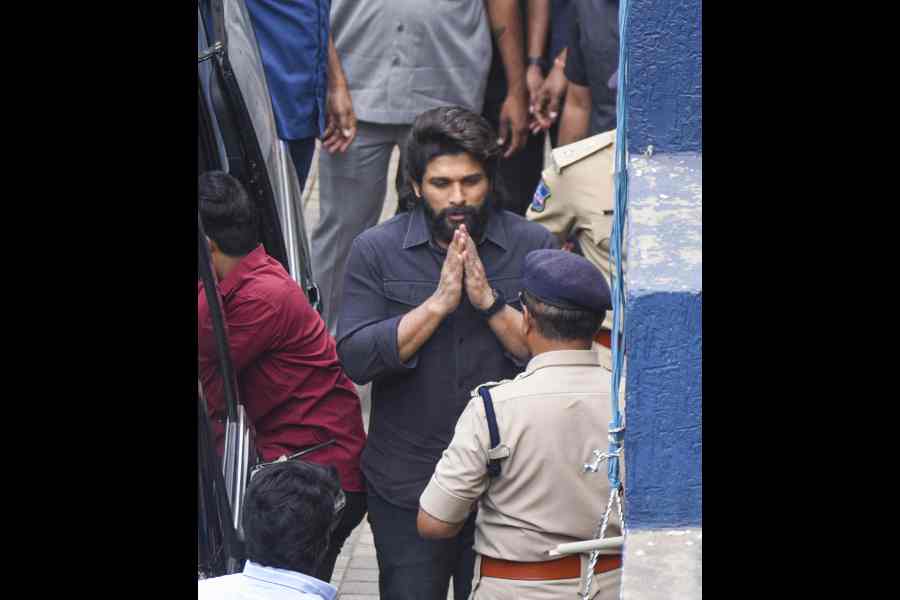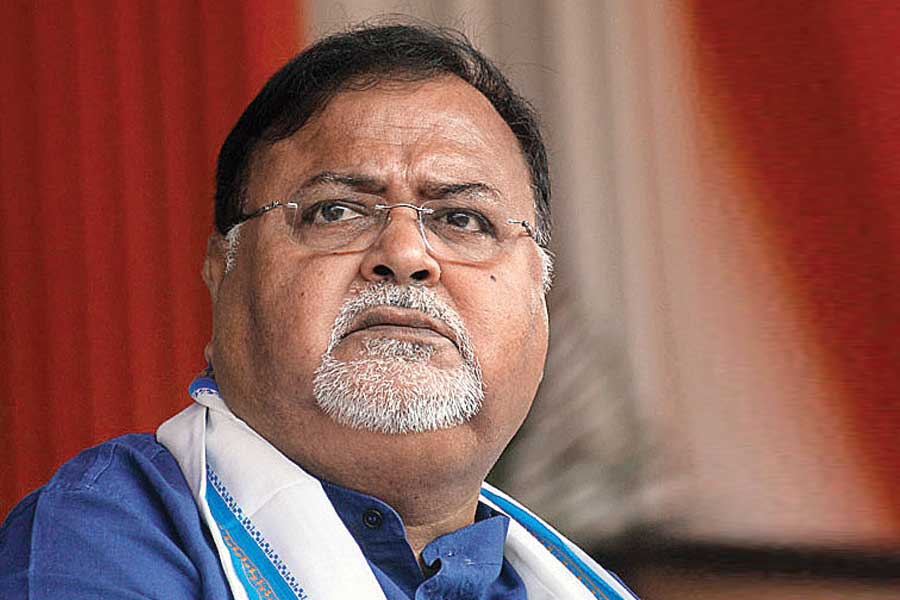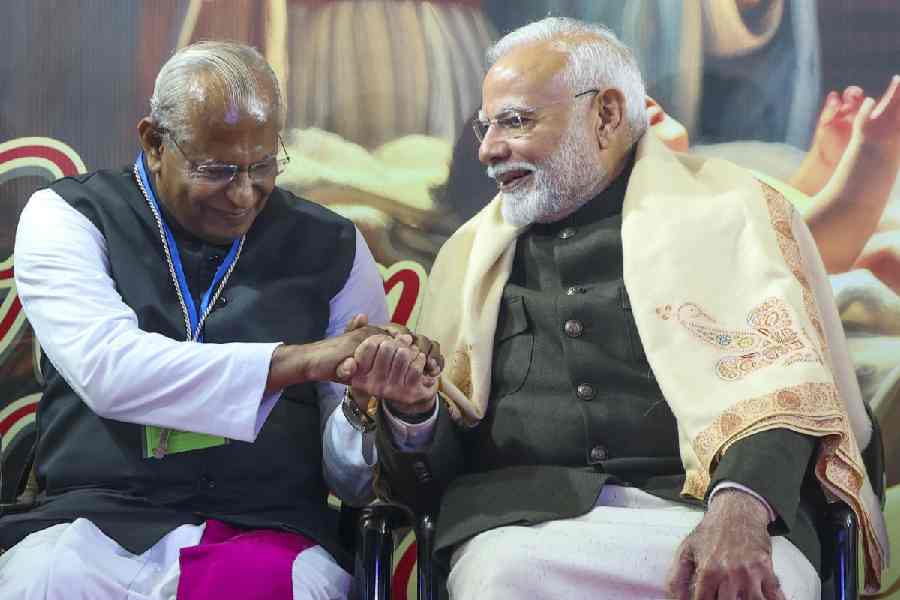The Congress on Thursday said the Comptroller and Auditor General of India had failed the people of the country by giving an audit report on the Rafale deal without specific numbers as it “meekly submitted to the unprecedented demand” of the government.
“What will an auditor do without numbers? The CAG should have told the government he wouldn’t submit the report without specific numbers,” party veteran P. Chidambaram said.
“Even if you stretch Article 10 (of the Inter-Governmental Agreement) to its outer limit, the confidentiality clause can cover only armament capabilities,” the former finance minister added. “Why should commercial details not be disclosed to the CAG?”
The report, tabled in Parliament on Wednesday, did not mention any absolute figures regarding the deal the Narendra Modi government had negotiated for the 36 medium multi-role combat aircraft (MMRCA).
Nor did it mention the price of the 36 Rafale aircraft, saying the defence ministry wanted “redaction” of the commercial details because of security concerns.
The report also said the Narendra Modi government’s deal lacked financial and performance guarantees compared with the offer made by Dassault Aviation in 2007 (when the UPA was in power). This resulted in savings for the French manufacturer, not India.
Chidambaram said the report did not bring to light any hidden aspect of the agreement and had failed to explain the pricing and delivery schedule.
Sadly, he said, the most important page was its preface, which mentioned the defence ministry’s request to “redact” the commercial details.
The preface says: “The Ministry of Defence vide its letter dated 15 January 2019 had requested this Office to redact commercial details of MMRCA in the Audit Report citing reference to Article 10 of the Inter-Governmental Agreement.”
The CAG, the preface said, had on February 5 this year “intimated” the ministry about the auditor’s “reluctance/refusal to carry out the redaction of price information” but the “Ministry… strongly reiterated their stand for redaction of commercial details in MMRCA case on the grounds of security concerns”.
Chidambaram said he hoped that the national auditor would pass on the redacted portion to Parliament’s public accounts committee (PAC).
“If you will now read pages 126 to 141, I dare say that the pages will make no sense to a person of average intelligence,” he said.
These pages deal with illustrative details but don’t mention any actual price.
“Table 3 on page 131 and Table 4 on page 133 are just gibberish and make no sense whatsoever. The CAG’s report is significant not for what it has said (actually it has said little) but for what it has not said.”
The former Union minister raised some questions the report didn’t answer, such as the need for reduce the number of the contracted fighter planes from 126 to 36.
“What was the justification to reduce the number of aircraft from 126 to 36? What is the monetary gain to Dassault due to amortisation of the India Specific Enhancement costs over 36 aircraft rather than 126 aircraft? What is the monetary gain to Dassault and monetary risk to India because of the waiver of sovereign guarantee, bank guarantee and escrow account? What is the hidden purpose of waiving the mandatory anti-corruption clauses: no undue influence, no agency, access to books of account and integrity pact?”
What Chidambaram appeared to be suggesting by “amortisation” — in the context of Rafale, spreading out of capital expenses for intangible assets over a pre-defined period — was that the cost of the planes had gone up because of the reduction in the number to 36.
On Wednesday, Congress chief Rahul Gandhi too had made the same point while speaking about the escalation in the price of the India-specific enhancements, from 11 million euros per aircraft to 36 million euros.
Chidambaram said that if anybody has to understand amortisation, it is the CAG. “When will the first and the last of the 36 aircraft be delivered and what is the probability of Dassault adhering to the delivery schedule?” he asked.
“When will the delivered aircraft become a fighter aircraft and when will the process be started on the first aircraft and completed on the last aircraft? Above all, what is the impact of fewer aircraft on the capability and operational preparedness of the air force?”


